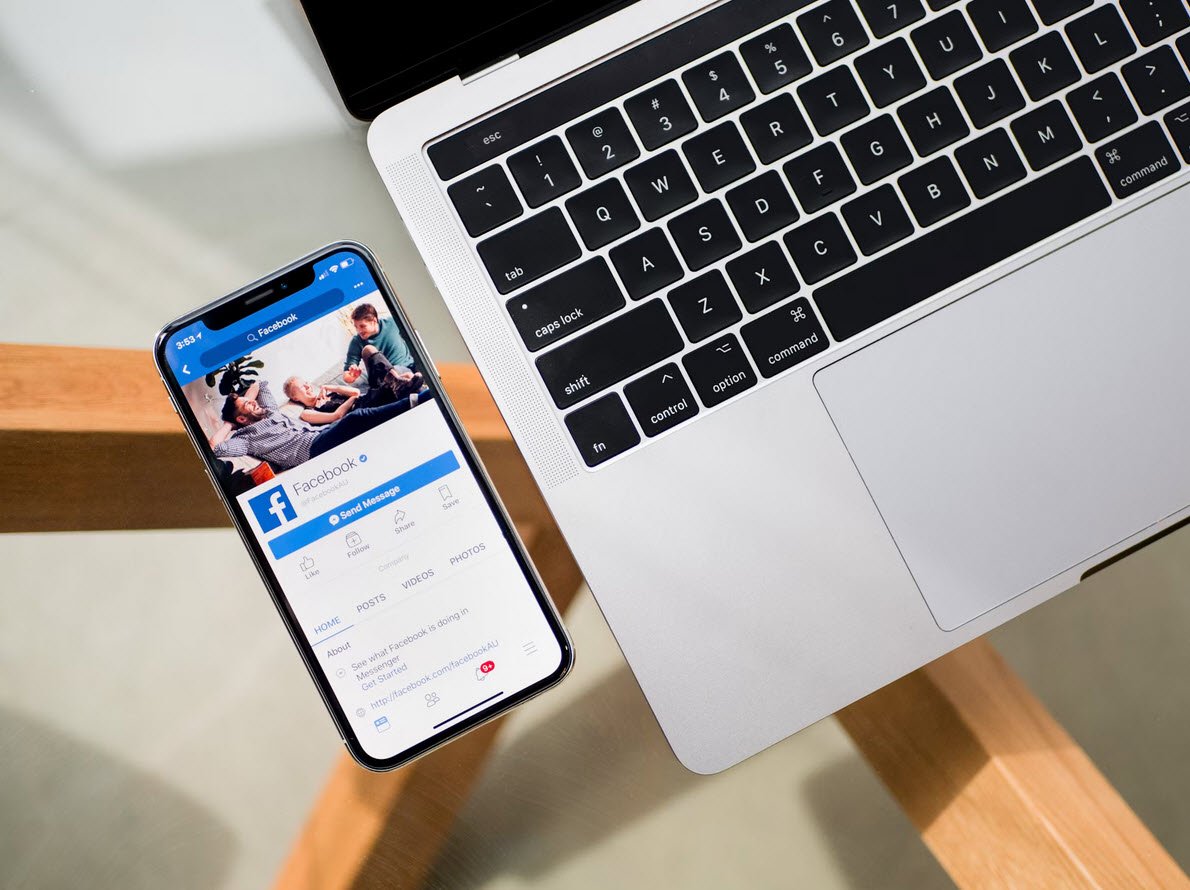
In the digital age, your business’s online presence is often the first impression potential customers have of your brand. A well-designed website is the cornerstone of a successful online strategy.
However, finding the right web design agency can be a daunting task. Here’s a comprehensive guide to help you navigate the process and select the perfect partner for your digital journey.
- Start with an Open Mind
- Clearly Define Your Expectations
- Prioritize Face-to-Face Meetings
- Develop a Detailed Specification Document
- Research and Present Your Preferences
- Test Responsiveness
- Evaluate Quotations
- Understand the Cost Structure
- Ask Pertinent Questions
- Distinguish Freelancers vs. Agencies
- Beware of DIY Solutions
- Verify Credentials
- Seek Client Testimonials
1. Start with an Open Mind
Before embarking on your search, set aside any preconceived budget ideas. A good web designer or developer, like any professional, has a standard day rate. Focus on comparing agencies based on credentials and accreditations rather than fixating on cost. The disparity in pricing may not be significant, but the quality of the end product often justifies the investment.
2. Clearly Define Your Expectations
Have a clear vision of what you expect from your web design agency. Shop around by approaching multiple local agencies for quotes. The ability to visit your web designer in person can be invaluable. If no local options meet your criteria, the global marketplace is accessible through virtual meetings via platforms like Skype.
3. Prioritize Face-to-Face Meetings
Whenever possible, meet with prospective agencies before signing a contract. This personal interaction allows you to gauge their working style and builds confidence in the partnership. Building business relationships is about creating a connection, and meeting your potential web designer beforehand can contribute significantly to a positive working relationship.
4. Develop a Detailed Specification Document
Before requesting a quote, provide a detailed specification document outlining the problem your website aims to solve and the features you’d like to include. Features could range from newsletter sign-up forms to social media integration. Encourage your web designer to be proactive and suggest additional features based on their expertise.

5. Research and Present Your Preferences
Compile a list of websites or themes you like and present them to your web designer. Include your logo and branding in your brief to convey your existing design style. This will help the agency understand your aesthetic preferences and align the design with your brand.
6. Test Responsiveness
Email the specification document to several web design agencies. This initial contact serves as a test of their responsiveness. Agencies that promptly respond with detailed quotes demonstrate effective communication, a crucial factor for a successful partnership.
7. Evaluate Quotations
When you receive quotes, ensure you compare them based on features and offerings, not just price. A like-for-like comparison is essential to avoid surprises in the end product. Web design costs are typically divided into upfront building costs and ongoing support and maintenance costs.
8. Understand the Cost Structure
Clarify the cost breakdown for building the website, which may involve a 25-50% upfront deposit. For ongoing costs, anticipate monthly fees for support, web hosting, license fees, and SSL certificates, along with pre-agreed hourly maintenance fees.

9. Ask Pertinent Questions
When reviewing proposals, seek answers to critical questions:
- What’s included in the package?
- Where will the website be hosted?
- How do they ensure standards compliance, accessibility, responsiveness, and cross-browser compatibility?
- What are the SEO considerations?
- What support packages are available?
10. Distinguish Freelancers vs. Agencies
Consider whether a freelancer or agency is a better fit for your business. Freelancers might be suitable for smaller projects, while agencies offer access to a broader range of resources. Your choice depends on your business’s specific needs.
11. Beware of DIY Solutions
Avoid the temptation to opt for DIY or free website builders unless you have no budget. These solutions often hinder scalability and growth in the long run. Invest wisely to ensure your website evolves with your business.
12. Verify Credentials
Ensure the web designer or agency is well-established with a robust portfolio. Be cautious if they have only recently entered the market or have a limited portfolio. A solid track record is indicative of stability and reliability.
13. Seek Client Testimonials
Shortlist agencies and request testimonials from their clients. A reputable web designer should have no qualms about connecting you with their past clients for references. This step provides additional assurance about the agency’s capabilities and reliability.
Choosing the right web design agency is a crucial decision that can profoundly impact your online presence. By approaching the selection process systematically and considering these key factors, you’ll be better equipped to find a web design partner that aligns with your vision and business goals.
You may also like:- Top 9 Best Marketing Apps Right Now
- Local Digital Marketing Tips – Boost Your Business in the Community
- How to Create a Marketing Plan – A Step by Step Guide
- 12 Marketing Channels to Boost Your Business
- 9 Questions to Ask Yourself While Creating eBook
- Ten Essential Characteristics of Exceptional Leaders
- 8 Best Marketing Tips to Increase Your Sales as a Business Owner
- How To Create a Viral Marketing Campaign
- MicroStrategy is Raising $500 Million To Buy More Bitcoin
- Breaking News: Instagram and Facebook Experience Global Outage








